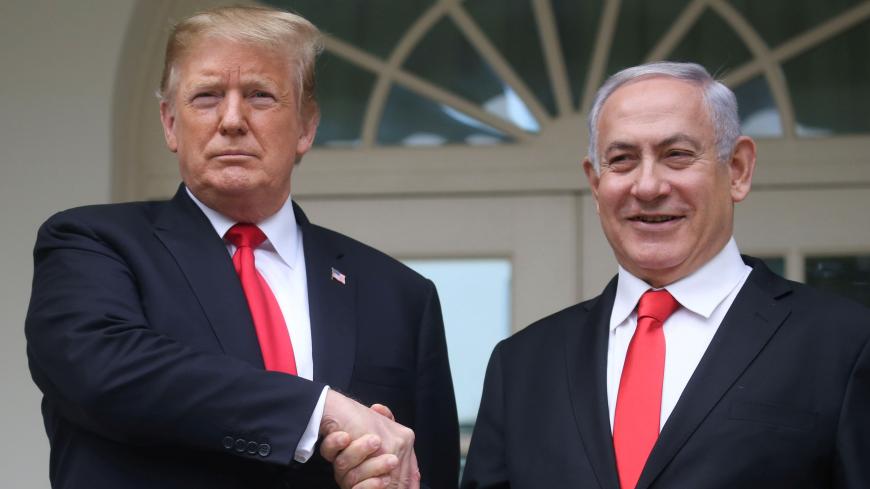The question of questions is, will history repeat itself, and will 2019 be a repeat of summer 2012? In the summer of 2012, Israel’s highest security-diplomatic echelons became engaged in a clash of the titans on the issue of attacking the Iranian nuclear project. “The Israeli military option is still alive and kicking; it has even upgraded itself a lot in the years that have passed,” a very senior Israeli diplomatic source told Al-Monitor on condition of anonymity. “The question is, what will we do with it if and when we reach the moment of truth? Circumstances have changed here since that summer of 2012, the eve of US presidential elections when the president running for election was called Barack Hussein Obama. This time, the president’s name is Donald Trump; that means the rules of the game have changed. If only we knew what, exactly, are the new rules.”
We recall that Prime Minister Benjamin Netanyahu wanted to deliver a military blow to the Iranian nuclear project, to the entry of Iran to what Defense Minister Ehud Barak then called “the immunity zone.” The deadline picked was the summer of 2012, the eve of President Obama’s reelection. The high-ranking security people continued to argue that Israel had no chance of securing important achievements without American participation in the military attack. Thus, in those days the discussion centered around the chances of “dragging” the Americans into the fray even in its advanced stages. When Barak returned from a circle of meetings in Washington at the time, his view was that if Israel would attack, the Iranians would retaliate and the Americans would not be able to remain on the sidelines. Barak felt that the Americans would join the war, at least with regard to their air power. On the other hand, then-Mossad head Meir Dagan also returned from a series of discussions in Washington and argued that Barak was leading the Cabinet astray. Dagan even presented evidence to support his view, such as the text of the defense minister’s conversations with the relevant sources in the United States. One way or the other, Barak did a flip-flop, changed his opinion and stopped advocating the attack option. This left Netanyahu alone in the fray, causing the prime minister to backtrack from the military option. At least temporarily.



